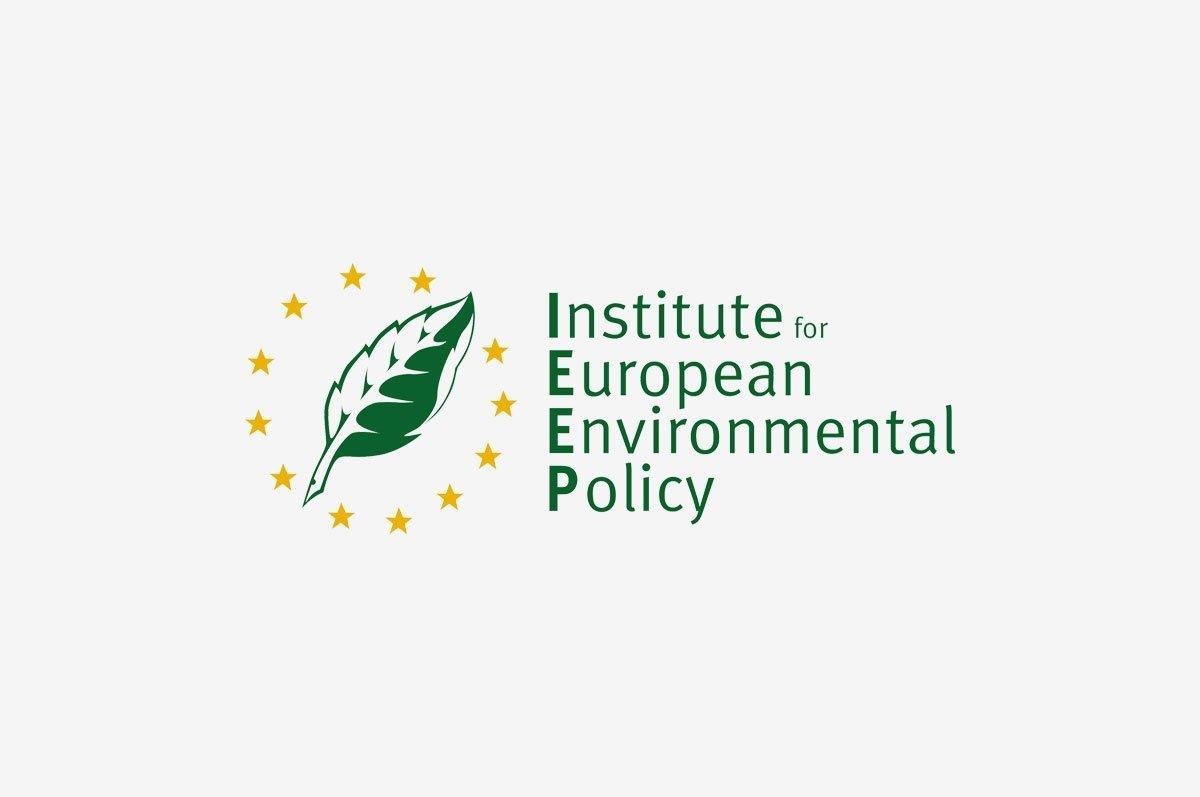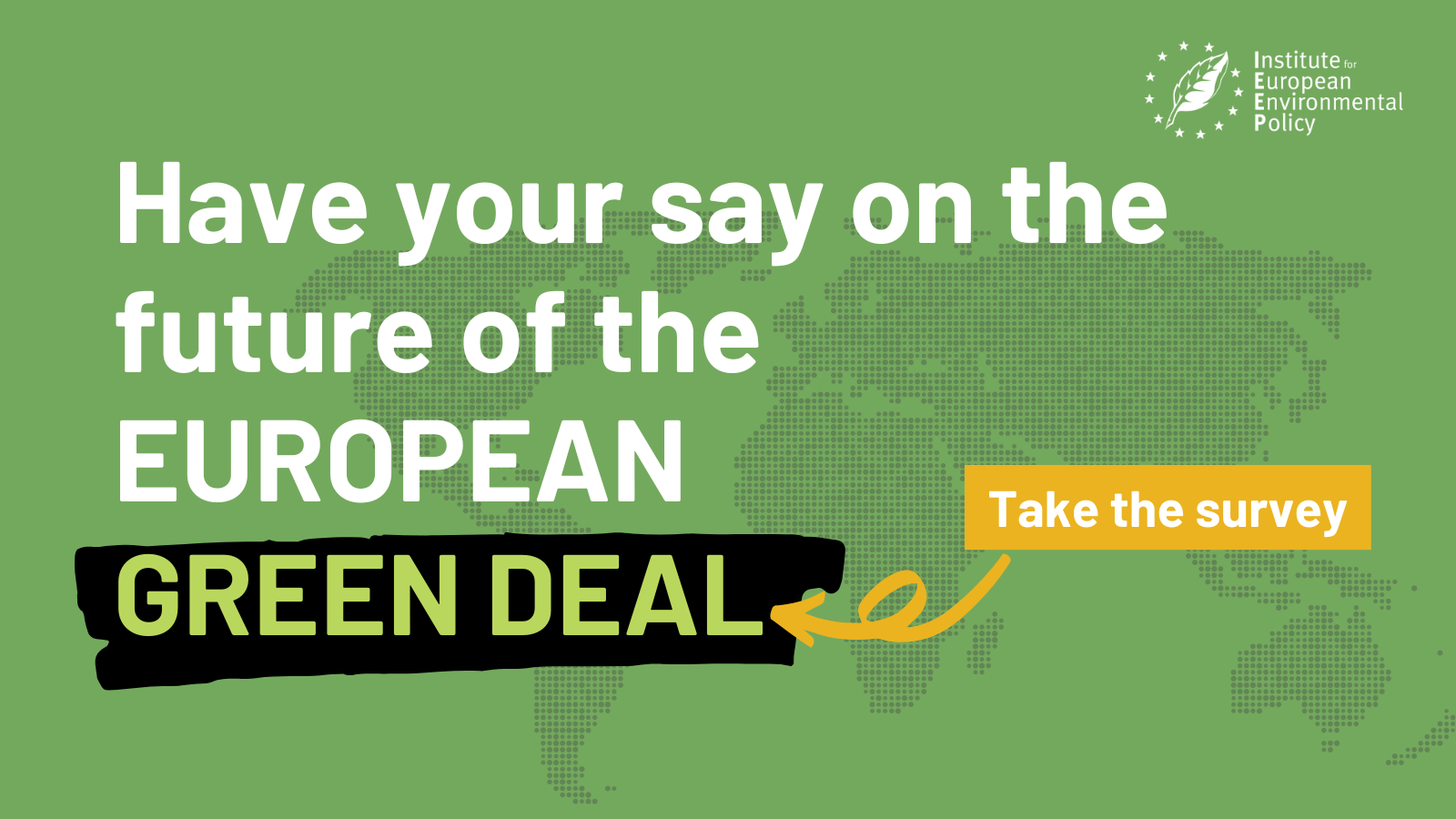AUTHORS: Marianne Kettunen – David Baldock – Camilla Adelle – Tamsin Cooper – Kaley Hart – Martin Farmer – Peter Torkler (WWF Germany)
Financial contribution to biodiversity from the Community budget remains low, in particular when the threats facing biodiversity at the global and European level are escalating and increasing levels of biodiversity and related ecosystem services continue to be lost. This IEEP and WWF discussion paper aims to raise the profile of biodiversity in the context of the EU budget. The objective of this paper is to highlight the need for greater Community spending in this area in future. It is also hoped that the paper will help different stakeholders at the EU and Member State level to participate actively in the ongoing debate on the reform of the EU budget.



